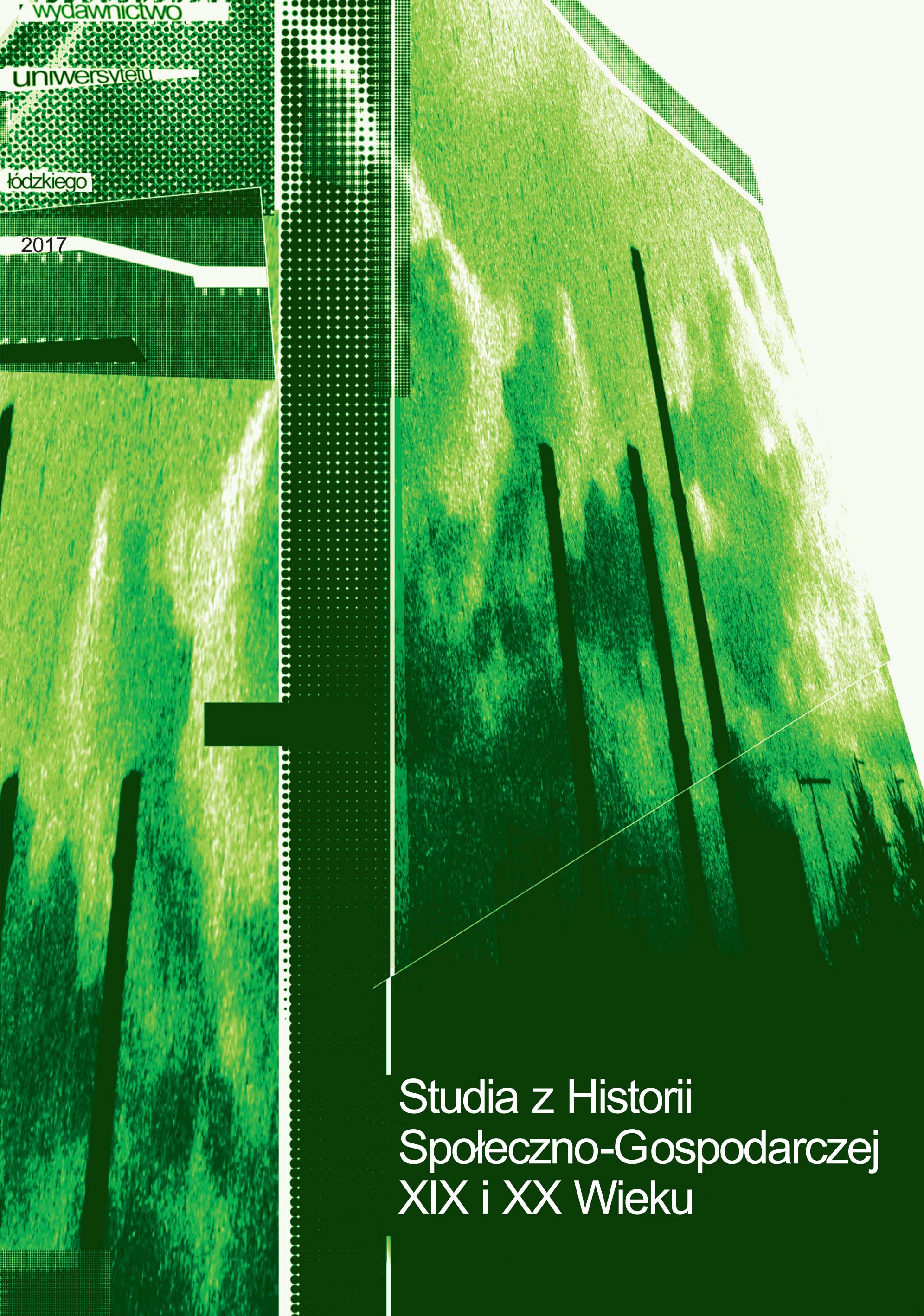Zapomniana śpiewaczka – Maria Karasińska
DOI:
https://doi.org/10.18778/2080-8313.18.02Słowa kluczowe:
deportacja, przesiedlenie, zesłanieAbstrakt
What Maria Karasińska has left behind, is a short diary “Memories from Siberia” (May 1940 – May 1946). It tells the reader that she was born in Lviv on March 25, 1914 and wanted to be pianist. Having graduated from high school, she started learning singing and piano at the Lviv Conservatoire. The war interrupted her education, and in 1940 (more specifically, the night of 12/13 April) she was deported with her family to Kazakhstan, to the East Kazakhstan Region. Karasińska, who was frail and feeble, had to perform heavy physical work, such as carrying heavy wet peat. Despite a series of sad experiences, diseases and death of her relatives, she persevered. She returned to Poland in June 1946 and continued to learn singing at the age of 33. For twenty five years or so, she gave concerts as a soloist at the Mining Philharmonic, later renamed the Silesian Philharmonic. She died on August 15, 2005 in Zabrze. She is remembered as a highly popular and respected artist.
Bibliografia
Karasińska-Socha M., Wspomnienia z Sybiru. Kwiecień 1940–1946, Zabrze 1986, zbiór niezinwentaryzowany w Muzeum Niepodległości w Warszawie.
Google Scholar
Press L., Pajęczyna wspomnień, mps, Muzeum Niepodległości w Warszawie.
Google Scholar
Wojakowska E., [Pamiętnik Ewy], Pamiętnik-ewy.blogspot.com/2011/03codziennosc-w-urdzarze.
Google Scholar
Szczęśniak A.L., Katyń. Tło historyczne, fakty, dokumenty, Warszawa 1989.
Google Scholar
Szewczyk W., O Filharmonii Górniczej słów kilkoro, [w:] 500-ny koncert Filharmonii Górniczej, [brak miejsca wydania] 1954.
Google Scholar
Pobrania
Opublikowane
Jak cytować
Numer
Dział
Licencja

Utwór dostępny jest na licencji Creative Commons Uznanie autorstwa – Użycie niekomercyjne – Bez utworów zależnych 4.0 Międzynarodowe.









